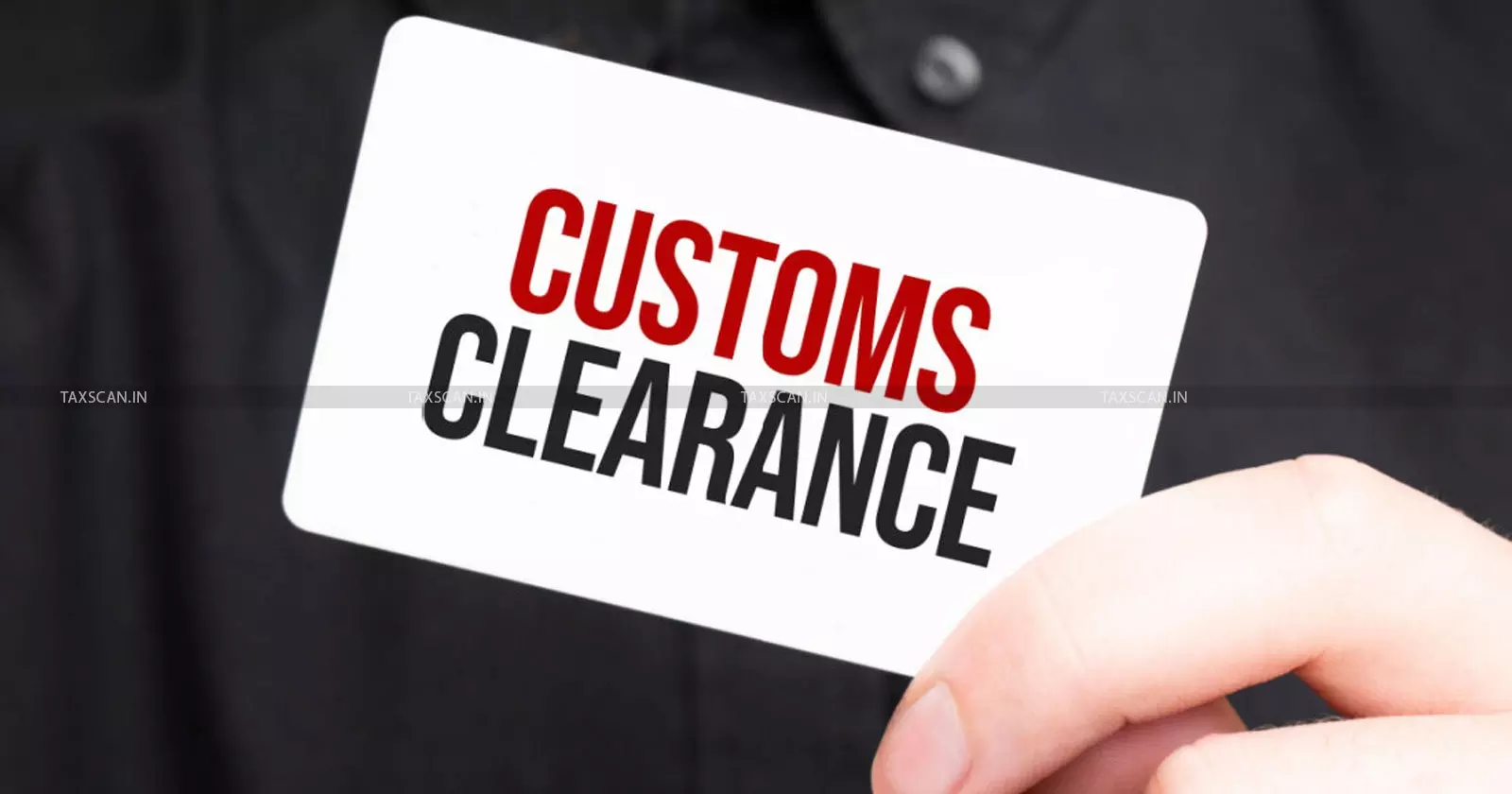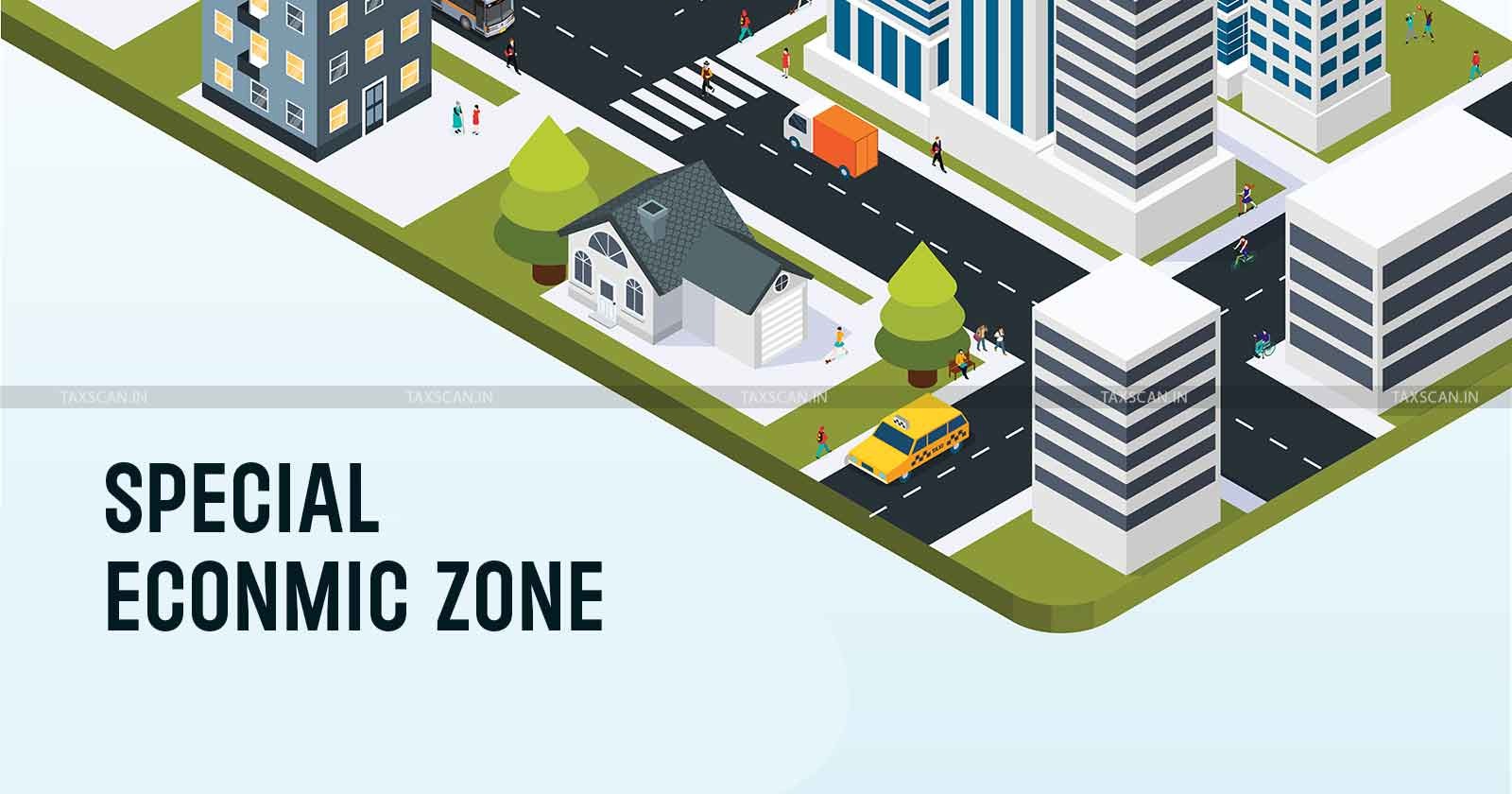Imports, E-Waste and Customs Clearance: Recent Madras HC Ruling to Benefit Electronic Importers despite Environmental Concerns
The legal discourse surrounding this issue has evolved significantly - shaped by a series of judicial pronouncements that have clarified where environmental vigilance must end and where legitimate commerce must begin.

Introduction
In recent years, India’s e-waste policy framework has been forced to walk a tightrope between environmental protection and economic practicality. As technology advances and industries increasingly rely on refurbished or second-hand machinery, the import of used electronic equipment has become an essential part of trade and manufacturing. Yet, such imports have often been treated with suspicion, viewed through the same lens as hazardous waste.
The legal discourse surrounding this issue has evolved significantly - shaped by a series of judicial pronouncements that have clarified where environmental vigilance must end and where legitimate commerce must begin. The most recent development in this trajectory once again underscores the principle that used electronic goods intended for direct reuse cannot be equated with hazardous waste, and therefore do not warrant the same level of environmental clearance.
 Also Read:Customs cannot Insist on Environment Ministry Clearance for Importing Used Multifunction Printers: Madras HC [Read Order]
Also Read:Customs cannot Insist on Environment Ministry Clearance for Importing Used Multifunction Printers: Madras HC [Read Order]
The Legal Backdrop: Environmental Regulation Meets Trade Facilitation
The import of used or refurbished electronics in India is governed primarily by the Hazardous and Other Wastes (Management and Transboundary Movement) Rules, 2016 (HOW Rules), framed under the Environment (Protection) Act, 1986. The Rules are designed to regulate the transboundary movement of hazardous waste while simultaneously recognising the global shift toward reuse and recycling as part of a sustainable economy.
Under Rule 13(2) of the HOW Rules, goods specified in Part D of Schedule III, which include used multifunction printers and other electrical equipment meant for reuse, are exempt from the requirement of prior approval from the Ministry of Environment, Forest and Climate Change (MoEF), provided the importer submits documentation listed in Schedule VIII. This documentation includes a Chartered Engineer’s certificate confirming that the goods are functional and not meant for disposal as scrap.
Despite this clear statutory position, import consignments of used multifunction printers and copiers have frequently been detained by Customs authorities, who have insisted upon MoEF clearance. This tension between environmental oversight and trade facilitation has led to repeated litigation and a rich body of jurisprudence that continues to shape the contours of India’s e-waste compliance regime.
Also, the Foreign Trade Policy (FTP) regulates the import of electronic items through a combination of licensing conditions, quality standards, and environmental safeguards, ensuring that trade in such goods aligns with India’s industrial and sustainability priorities.
Read more on FTP: https://www.taxscan.in/tags/foreign-trade-policy-ftp
The import of second-hand, used, or refurbished electronic items is more tightly controlled by the FTP. Such goods are generally categorised as “Restricted” and require specific DGFT authorisation. This is to prevent the import of obsolete or non-functional devices that could contribute to electronic waste (e-waste).
 Also Read:Non-Hazardous Metals or Non-Contaminating Metals from Repairs Can Be Sold Domestically: Govt Notifies amended SEZ Rules [Read Notification]
Also Read:Non-Hazardous Metals or Non-Contaminating Metals from Repairs Can Be Sold Domestically: Govt Notifies amended SEZ Rules [Read Notification]
Judicial Evolution: From “Waste” to “Reuse”
Indian courts have progressively refined the understanding of what constitutes “hazardous waste” versus “used goods for reuse.”
1. Supreme Court: Atul Commodities Pvt. Ltd. v. Commissioner of Customs, Cochin (2009)
In this landmark case, the Supreme Court made a crucial distinction between goods imported for reuse and those imported for disposal. The Court held that second-hand machinery imported for continued use cannot be treated as hazardous waste, as doing so would unreasonably curtail legitimate trade. This decision laid the foundation for a more nuanced interpretation of environmental regulation in the context of international trade.
2. Taanish Enterprises v. Commissioner of Customs (2024)
This more recent decision explicitly invoked Rule 13(2), reiterating that goods falling under Part D of Schedule III are statutorily exempt from MoEF clearance, provided the importer furnishes the requisite documents. The Court cautioned that insisting on such clearance despite the exemption amounted to administrative overreach.
 Also Read:Second-hand Digital MFDs Qualifying as Highly Specialized Equipment Are Freely Importable and Eligible for Provisional Releases: Madras HC [Read Order]
Also Read:Second-hand Digital MFDs Qualifying as Highly Specialized Equipment Are Freely Importable and Eligible for Provisional Releases: Madras HC [Read Order]
These decisions together have constructed a consistent legal doctrine: environmental regulation must operate within the limits of the law, not beyond it.
 Also Read:E-Waste (Management) Rules, 2022, to be effective from April 1, 2023: Economic Survey 2023 [Read Report]
Also Read:E-Waste (Management) Rules, 2022, to be effective from April 1, 2023: Economic Survey 2023 [Read Report]
The Current Position: Reinforcing Statutory Boundaries
In a very recent case, involving M/s Maruti Enterprises, the Customs department detained 106 units of used multifunction printers because no prior MoEF approval had been obtained. The importer, however, had complied with the HOW Rules, producing a Chartered Engineer’s certificate verifying the machines’ reusability.
The Court reaffirmed earlier precedents, directing Customs to release the goods provisionally and observing that the department’s insistence on MoEF clearance was contrary to the plain language of Rule 13(2). The ruling reinforces the principle that environmental clearances cannot be demanded by administrative interpretation when the statute expressly waives them.
By distinguishing between hazardous waste and functionally used goods, the judgment not only reaffirmed the legal framework but also advanced the broader objectives of a circular economy, where reuse and refurbishment form the backbone of sustainable trade.
Interpreting Rule 13(2): A Matter of Legislative Intent
Rule 13(2) serves as a policy bridge, harmonising environmental protection with the realities of modern trade. By creating an exemption for goods intended for reuse, the legislature recognised the need to encourage resource efficiency and reduce e-waste through legitimate cross-border trade.
Customs authorities demanding MoEF clearance in these cases effectively introduce a condition that the rulemaker deliberately chose to omit. Judicial intervention has therefore been crucial in restoring the balance between statutory precision and administrative practice, ensuring that compliance expectations remain predictable and transparent.
Broader Implications: Toward a Rational E-Waste Framework
The implications of this settled jurisprudence reach far beyond individual importers:
- Predictability for Businesses: The consistent interpretation of Rule 13(2) provides much-needed certainty for traders, manufacturers, and refurbishers operating in India’s growing e-waste and electronics reuse sector.
- Administrative Accountability: Customs officers must align their actions with the statutory framework, reducing instances of arbitrary detention of goods.
- Environmental Assurance: The exemption under Rule 13(2) does not dilute environmental safeguards; it merely distinguishes between genuine waste and reusable equipment, ensuring that environmental policy targets actual risks.
- Circular Economy Alignment: Facilitating the reuse of electronics complements India’s commitment to sustainable manufacturing and waste reduction under its Extended Producer Responsibility (EPR) regime.
Conclusion
India’s evolving e-waste compliance framework demonstrates a maturing balance between environmental stewardship and commercial realism. Through successive judicial interpretations, the law has come to acknowledge that reuse is not waste and that compliance mechanisms must reflect this distinction.
By grounding environmental regulation in statutory clarity rather than administrative overreach, courts have reinforced the principle that sustainability and trade are not mutually exclusive. The redefinition of e-waste compliance now rests not on added bureaucracy, but on legal precision, ensuring that India’s path toward circularity is both environmentally responsible and economically sound.
Support our journalism by subscribing to Taxscan premium. Follow us on Telegram for quick updates


